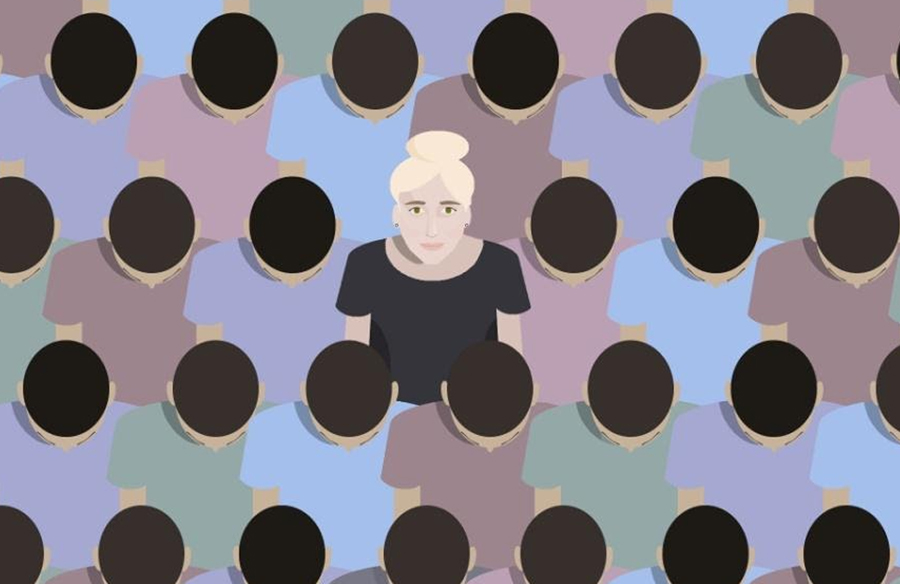

Have come a long way to understand that some people don’t wantĬhildren. The Loch Ness Monster.ĭoes any element of this list stand out? Once, it probably wouldn’t, but now it does. Read on to listen to both perspectivesīigfoot. Treatment, the voices of unsatisfied childless employees are growingĪt ResumeLab, we heard them. And with increasingĪwareness of our rights and condemnation of discrimination and unequal Unfair treatment of the growing childfreeĬommunity is becoming more and more visible. Non-parents may overtake the number of parents in the workplace. And some researchers believe that soon the number of Number of childless people increases, the number of childless workersĪlso rises. Reasons range from simply not wanting to have kids to medical issues orĪnd women, college graduates, and people without a degree. A seven percentage point increase from 2018. To 49-year-olds who don’t have kids are unlikely to have them in theįuture either. According to a 2021 Pew Research Center report, 44% of 18. Share of people without children and who never intend to have children

Your hand if you’re a childfree employee who has never heard some “What personal reason? You don’t have kids to pick up from school.” If you think you are in this situation, contact our office for help.“Come on, if you had kids, we would let you take the extra time you needed.” Sometimes, favoritism crosses the line and become illegal. These are a few examples of favoritism in the workplace in Connecticut. Discuss Workplace Favoritism with a Connecticut Lawyer Of course, the victim also faces a difficult work environment when dealing with unwanted sexual advances. If a victim of sexual harassment enjoys job benefits because they put up with the harassment, this can negatively affect other employees. For example, both the victims of sexual harassment and other employees can suffer from this type of favoritism. This can take many different forms in the workplace. Sexual HarassmentĪnother common form of illegal favoritism takes the form of sexual harassment. For example, giving promotions to men over more qualified women, making minorities work graveyard shifts, etc. United States law protects these traits and explicitly states that they should not constitute the basis of any employment action. When job decisions are made based on an employee’s protected traits, such as race, sex, disability, age, etc., legal action can be taken. If favoritism is a result of an employer’s discrimination, this constitutes illegal favoritism.
PREFERENTIAL TREATMENT IN THE WORKPLACE PROFESSIONAL
This is not legal and you should seek professional help from a workplace favoritism attorney as soon as possible. For example, if your boss makes you work difficult hours, cuts back on your hours, passes on you for a raise or a promotion, etc., this could attempt to punish you. If you have complained about harassment or discrimination and your boss treats you even worse because of it, you have a problem on your hands. If you complain about your boss’ illegal favoritism practices and they try to retaliate against you, you face illegal favoritism. For example, if your boss doesn’t like you and this results in retaliation on their part, this is not acceptable. On the other hand, there are some situations in which favoritism is illegal. went to the same college, like the same sports teams, etc.).

Blatant favoritism certainly isn’t a good management strategy, but is it illegal? The answer really depends on the circumstances. It can create resentment and discourage many employees. But, if you notice that other people are being favored over you, this can affect the work environment. Sure, if you are the one being favored you might not see anything wrong with it. When it’s clear that certain employees – especially those in a position of power – favor some colleagues over others, it can be difficult.


 0 kommentar(er)
0 kommentar(er)
